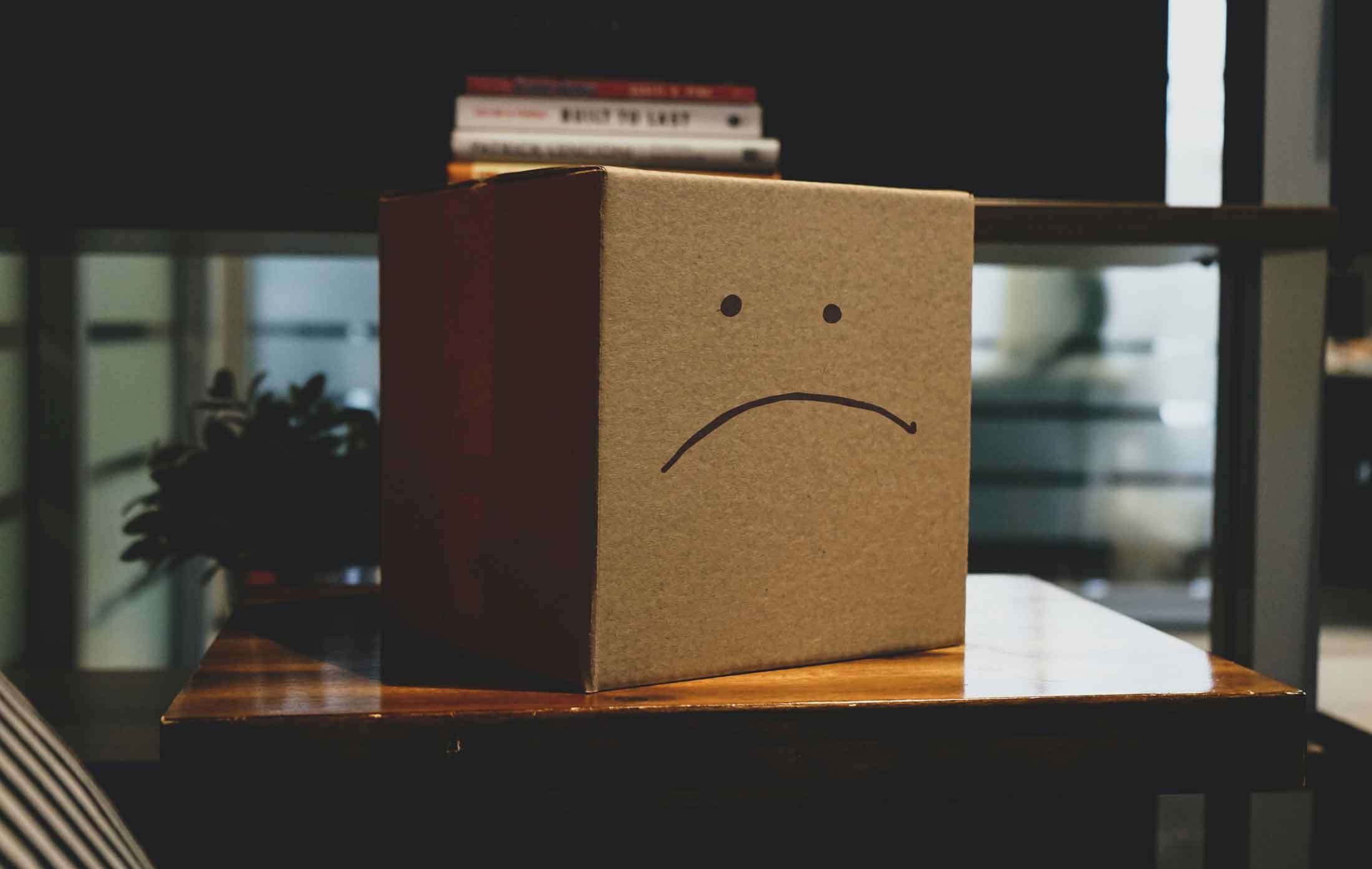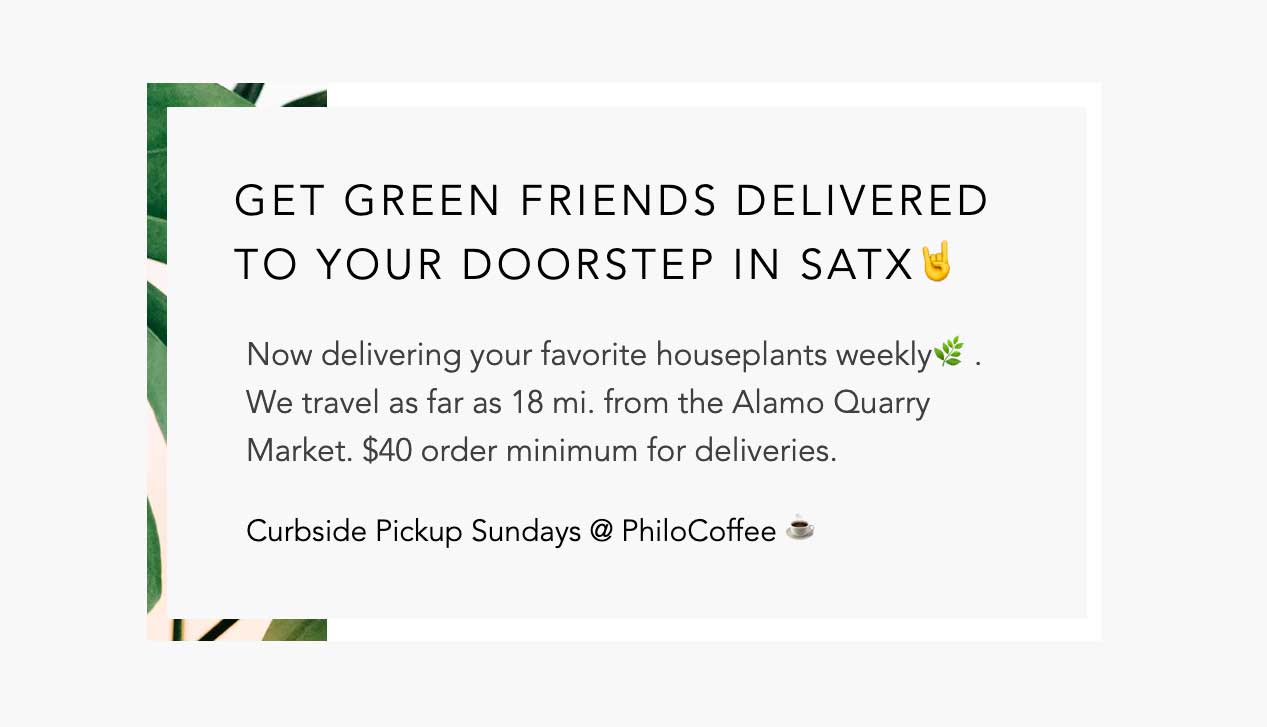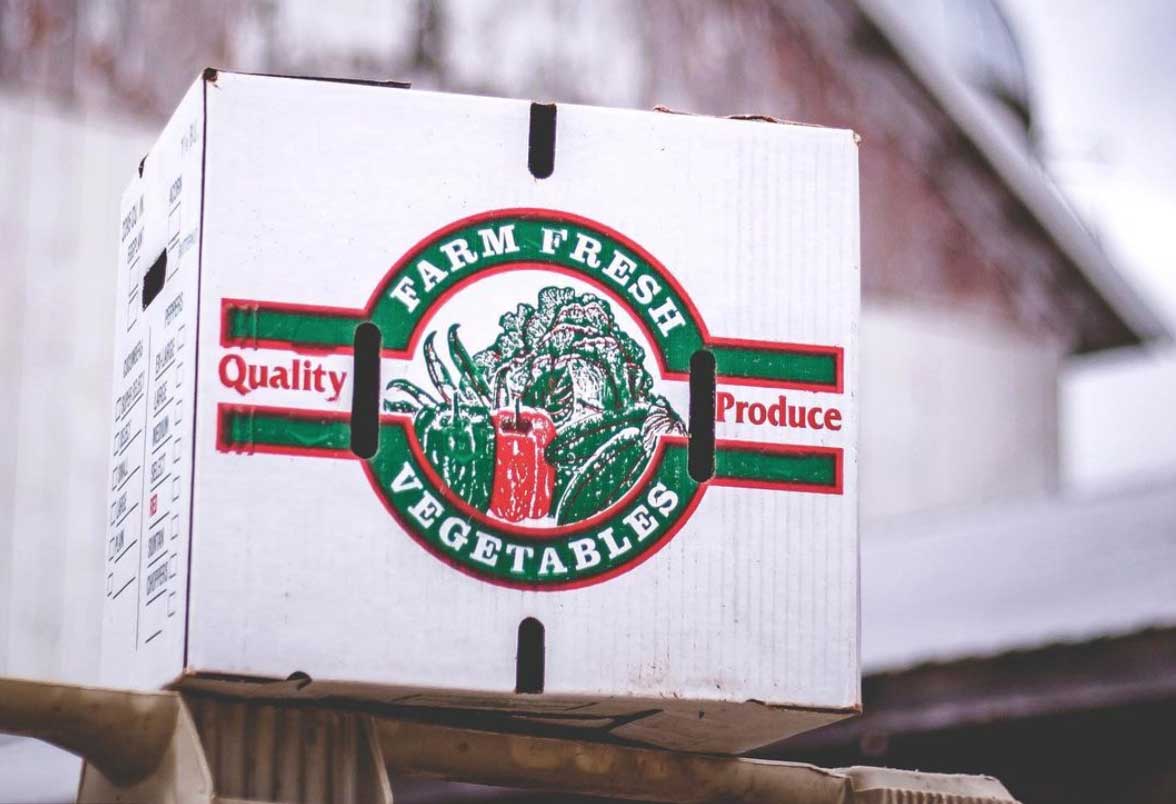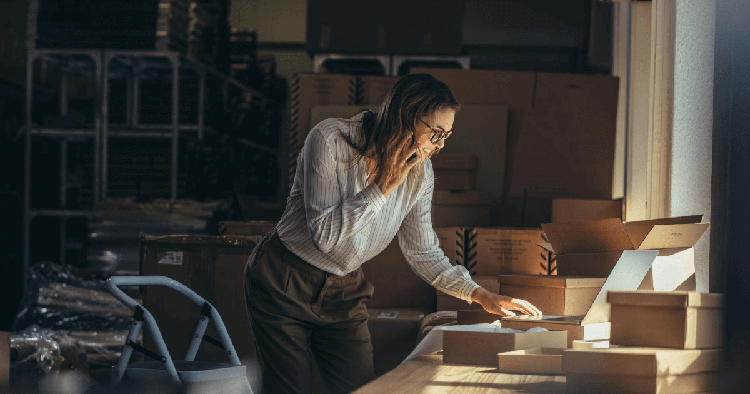Amazon’s Dropping the Delivery Ball … and These 4 Businesses Are Running Away With It
7 min read

Amazon is still the 800-pound gorilla in the e-commerce market, and they aren’t going anywhere. But, lately, it seems they’ve been dropping the ball … and consumers are taking note.
Amazon’s consumer happiness ratings plummeted at the onset of COVID-19 restrictions and stay-at-home orders. As e-commerce demand skyrocketed, the delivery giant struggled to keep up. They prioritized essential items like hand sanitizer and left many third-party retailers to either manage their own deliveries or suffer up to weeks-long delays. But delivery delays were only part of the problem.
At a time when many small businesses were struggling to stay afloat, Amazon’s search algorithms unintentionally hid some competitors’ faster delivery options, which had negative consequences for both small retailers and consumers using the platform. To make matters worse, Amazon has faced multiple complaints of poor working conditions over the years. And this scrutiny has been amplified in the wake of COVID-19, as several employees have come forward with concerns over safety procedures and transparency about risks associated with the virus.
Frank Olito, a reporter for Business Insider, explained why he chooses to avoid shopping on Amazon: “Especially right now, I would prefer to shop at small businesses or on smaller online stores so that my money goes directly to businesses that are struggling through the pandemic rather than a billion-dollar company like Amazon.”
So, what does this mean for Amazon’s competitors (who are basically every other e-commerce business on the planet, since there isn’t much Amazon doesn’t sell)?
For these four businesses, it’s been a rare opportunity to build relationships with new customers and come through in a very meaningful way for existing ones. When Amazon dropped the ball, these four businesses were ready to run with it, and there’s something retailers of all sizes can learn from each instance.
1. Plant Shoppe Delivers a Personal Touch During Social Distancing
As consumers have been sheltering in place, they’ve also been seeking out green friends to brighten up their surroundings. Both indoor and outdoor plant sales have risen dramatically, so more and more people are figuring out how to ship and deliver plants. And while Amazon may sell a wide range of live plants, they can’t compete with the personal touch that small businesses like the Plant Shoppe offer.
Sonam Aditya, owner of Plant Shoppe in San Antonio, told us that customer experience for her business “is really about educating people about what plant does well in what environment … because I don’t want you to buy a plant, accidentally kill it, and then never want plants again.” Aditya turned a hobby into a full-time business in 2020 by pivoting quickly to meet changing consumer demand—and meeting that new demand with the same level of customer care she had previously delivered in person.
At the beginning of 2020, the Plant Shoppe was still a side project for Sonam Aditya, who has spent 10 years working as a user experience (UX) designer for such companies as iFit and Frost Bank. Aditya told us that she started Plant Shoppe because she was “obsessed with plants.” But more than that, as a remote worker even before COVID-19-related lockdowns, she wanted to connect with others in her community—specifically other plant lovers.

In June 2019, Aditya started selling her plants at a local farmers’ market. For four hours on Sundays until March of 2020, she introduced local consumers to new and exotic green friends, connecting over a shared love of exotic philodendrons and monsteras.
“Then COVID happened and it really changed everything,” Aditya explained. “I wasn’t expecting to make this a full-time gig, or turn it into a real company … But when COVID happened, we went into a lockdown and people really wanted plants.”
Aditya quickly shifted from in-person sales to ecommerce. She transformed her website from an informational site to an online shopping site, where her customers could purchase plants and have them delivered locally. As she expanded and adapted her business, Aditya maintained her focus on customer experience, answering emails, social media messages, and communications with the same personalized attention she had delivered at the farmers’ market.

Aditya’s agility and focus on customer experience paid off. Despite COVID-19, Plant Shoppe’s weekly order volume doubled from March to April. Aditya turned Plant Shoppe into her full-time job. And on November 27, the first brick-and-mortar Plant Shoppe location has opened its doors in San Antonio.
2. Tomato Mountain Farm Reinvented Their Delivery Process
Amazon might be one of the most efficient companies in the world. But they aren’t the only one that can use creative thinking to get an edge on the competition. Tomato Mountain Farm, a community-supported agriculture (CSA) farm outside of Chicago, reinvented their delivery process to keep local customers supplied with fresh, organic food during lockdown and beyond.
Tomato Mountain Farm experienced a steep rise in demand at the onset of COVID-19. Their customer base quadrupled from 300 to 1,200 subscribers in just one month. And they rose to the challenge by thinking outside the box. The team at Tomato Mountain Farm restructured their delivery system and automated their planning and routing processes using route optimization software—OptimoRoute.

Based on insights they gleaned from their OptimoRoute analytics, Tomato Mountain Farm divided their customer map into territories and assigned specific delivery days to each individual zone. Instead of sending drivers all over the map on each shift, they broke their delivery area down into more manageable sections. Now, Tomato Mountain’s delivery drivers can visit more clients in less time. And, as an added bonus, their carbon footprint and overall mileage have been reduced.
By rethinking their delivery systems, farmers and purveyors of hyper-local foods like Tomato Mountain Farm have not only sustained profits but also grown them during the era of social distancing.
3. American Libraries Flew Into Action
Libraries found creative ways to deliver books, movies, and more to communities across America and ensured that learning was still accessible to families who were struggling to make ends meet.
American libraries have long been at odds with Amazon Publishing, which has prevented public libraries from purchasing certain ebooks. The American Library Association even filed a report with the U.S. House of Representative Judiciary Committee in October 2019, detailing accounts of “abuse of market power” on the part of Amazon Publishing and other “dominant firms.”
Libraries are a valuable resource for knowledge and learning. And many families depend on this community resource for their children’s education. So when libraries were forced to shutter their doors in observance of stay-at-home orders, they weren’t about to give up the fight.
In May, the Meridian Library, in Idaho, launched a contactless home delivery service that enabled local consumers to rent movies, books, and more. The Santa Clara University Library , in California, began mailing books to faculty, students, and staff who weren’t close enough to use the library’s pickup service.

Kelly Passek, a middle-school librarian in Virginia, organized a team-up between her local libraries, Montgomery County Public Schools, and Wing (a drone delivery company owned by the same parent company as Google). On June 11, 2020, Montgomery County (Va.) Public Schools became “the first in the world” to offer a library book drone delivery service.
Libraries across the United States have shown resilience at a time when many families have been struggling to make ends meet. And their commitment is something we can all learn from. Want to see if the book you found on Amazon is available for rent at your local library? Use the Library Extension to automatically check your local library’s catalog of books and ebooks while you browse Amazon.
4. Instacart Seized Their Opportunity
While Amazon has struggled for over seven months with delivery times far exceeding their two-day promise, Instacart swooped in with same-day delivery on a wide range of items.
Instacart may not be an underdog in the ecommerce space, but they’re still small potatoes (pun intended) compared with Amazon. At a valuation of $17.7 billion, Instacart is only 1.77% the size of Amazon, which has been valued at over $1 trillion U.S. dollars.
Instacart’s laser focus on scaling operations intelligently even before the pandemic helped them rise to the challenges they faced as a result of COVID-19. And their agility helped the company become profitable for the first time ever this year. When Instacart’s consumer demand rose, they expanded their shopper network by 250% and doubled their care team from 1,200 agents to 3,000 agents.
Instacart has made smart choices about which companies they partner with and what software they use in their tech stack. This no doubt helped them scale effectively at lightning speed. Instacart uses UJET, a contact center as a service (CCaaS) platform to deliver seamless support to their shoppers in the field, all from within the Instacart Shopper app. This technology helped Instacart “create a shopper experience that is both unique and personal” even as they expanded.

In addition to choosing elite technology to support their operations, Instacart has made smart choices about the brands they partner with. Instacart is redefining what types of products consumers can get on-demand. In September, Instacart announced a new partnership with renowned beauty supplier Sephora. And this year, shoppers were able to do their Halloween shopping in Instacart, thanks to a partnership with Spirit Halloween.
Interested in Starting or Expanding Deliveries for Your Brand? OptimoRoute Can Help.
From small businesses to enterprise companies, the team here at OptimoRoute has helped businesses of all sizes transition to contactless delivery during the pandemic-caused rise in demand. Medvedgrad Brewery rolled out alcohol delivery in less than 24 hours after getting started with OptimoRoute.
Taking business away from Amazon isn’t easy and may not always be the only solution. But as the four businesses in this article prove, it can be done and many consumers are actively looking for alternatives. Get started with a 30-day free trial of OptimoRoute today and see what optimized delivery can do for your business.
Try OptimoRoute™ for Free
No installation or credit card required


